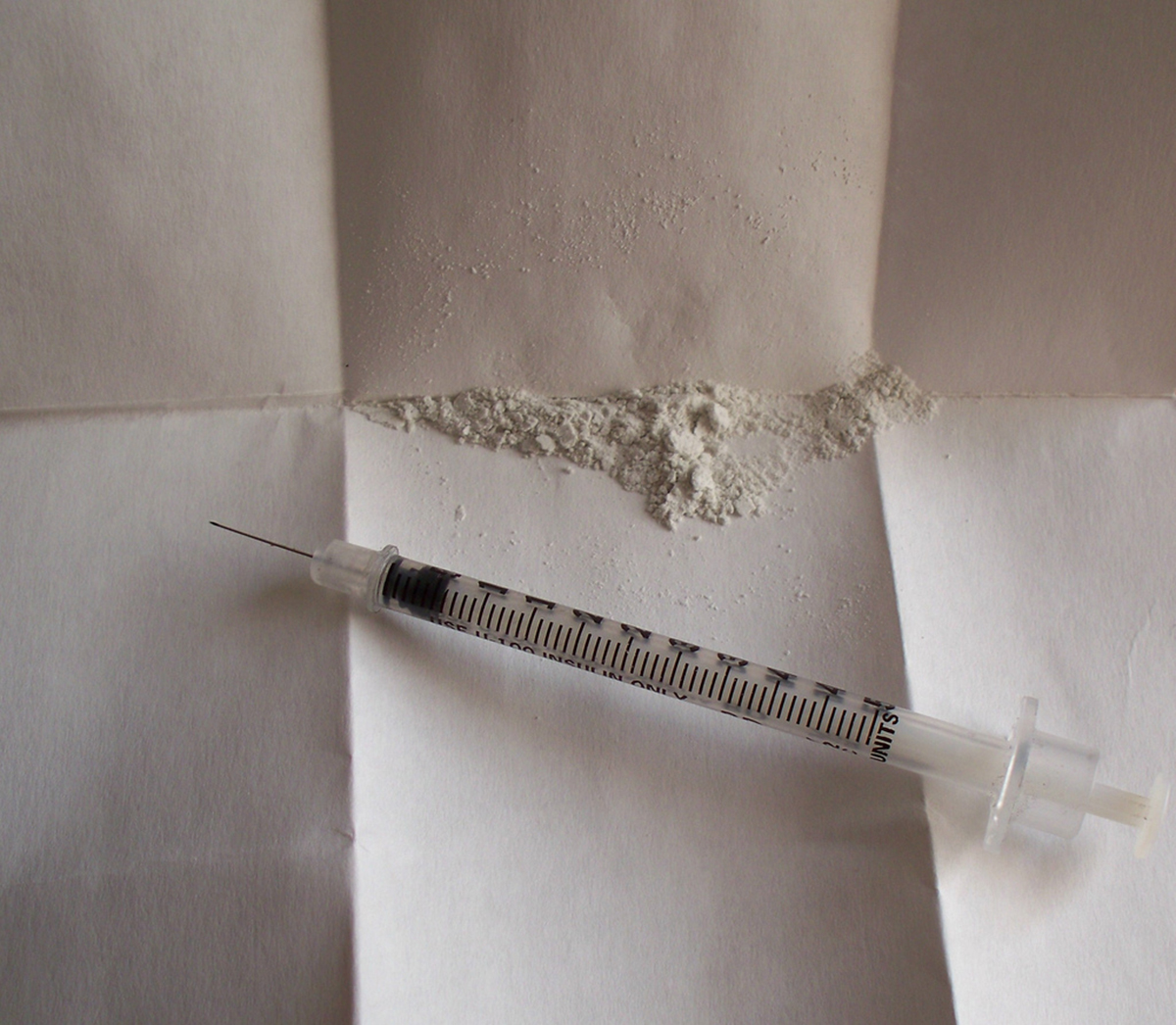Table of Contents
Some former users say that quitting heroin is not much tougher than quitting smoking (tobacco). That's an interesting statement, because it's painfully obvious that the physical process of withdrawing from heroin is much more intense than the process of becoming nicotine-free. It does highlight something incredibly important however, and that is that addicts who are motivated to become clean are much more likely to succeed than those who are doing it due to external pressures.

Some addicts quit for reasons beyond their control - relatives force them, or the justice system leaves them without supply when they go to jail. These addicts may go through the withdrawal process and stay clean for a while, but the addiction hasn't left them and they are at a high risk of returning to the drug or replacing it with something else.
Clair was part of a heroin-using crowd in England in the 1980s, when the economic situation was bleak and drugs were enormously popular in many working-class circles, but she never became a user herself. She watched her friends die from overdoses and gave life-saving CPR to others. One of her friends kicked the habit by herself:
"She took an overdose. I did the CPR thing and I called an ambulance. She came round before it arrived but I told her she still needed to go to hospital. After that, the police raided her house and her parents found out she did heroin. She was really in it recreationally, not addicted to the same extent as the others. She met a new boyfriend and stopped hanging around with the same crowd. She stopped using and didn't go to rehab or anything."
Clair's other friends were not so lucky. Many turned to alcohol instead. Some went to prison, only to start using again the moment they got out. And many died, from overdoses or simply because the drugs and lack of self-care that go with them took their toll.
Should you really attempt to quit by yourself, if you are currently addicted to heroin? Or should you encourage your addicted loved-one to do so? In short, no.
Addicts who have support are more likely to survive the withdrawal period without returning to the drug.
Rehab might be an option, but a group of relatives or friends watching over the recovering addict constantly during the withdrawal process can also have good results. Every addict will go through a time when the only thing they want is to use, and cravings and physical symptoms make it incredibly hard to have the willpower to get through it alone. People physically stopping the addict from doing this will allow this stage to pass.
Following the immediate withdrawal period, support groups such as Narcotics Anonymous and SMART Recovery can be incredibly important to the recovering addict. Therapy to explore the drug use and the underlying reasons for becoming addicted can also be helpful.
Read More: Is Addiction A Failure Of Willpower, Or Is It A Physical Disease?
Once the withdrawal period is over and the user is clean, the addiction is still there - and it is essential to remember this. Heroin will always be the person's weak spot, but there is also a large risk of turning to other substances, including alcohol.
- Photo courtesy of Emanuele by Flickr : www.flickr.com/photos/zakmc/4001492504/
- Photo courtesy of Michael Velardo by Flickr : www.flickr.com/photos/crashtestaddict/4527355651/

